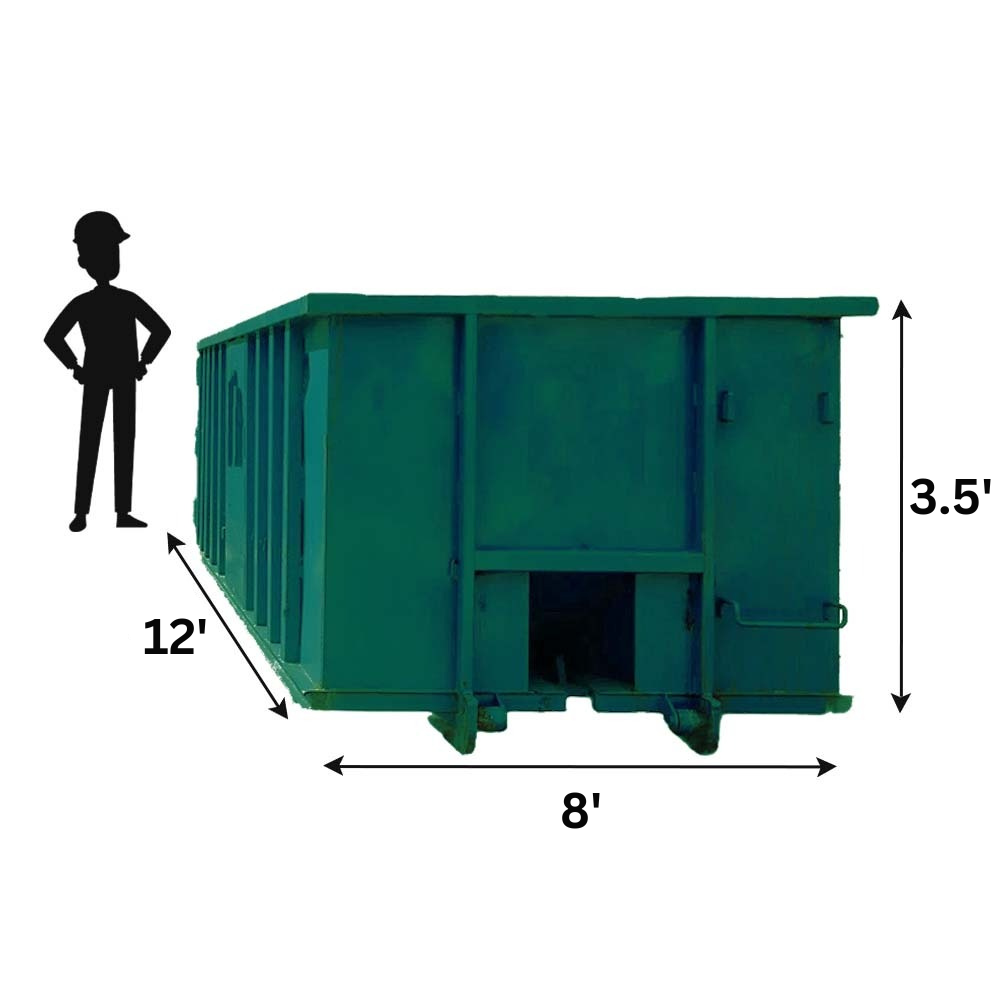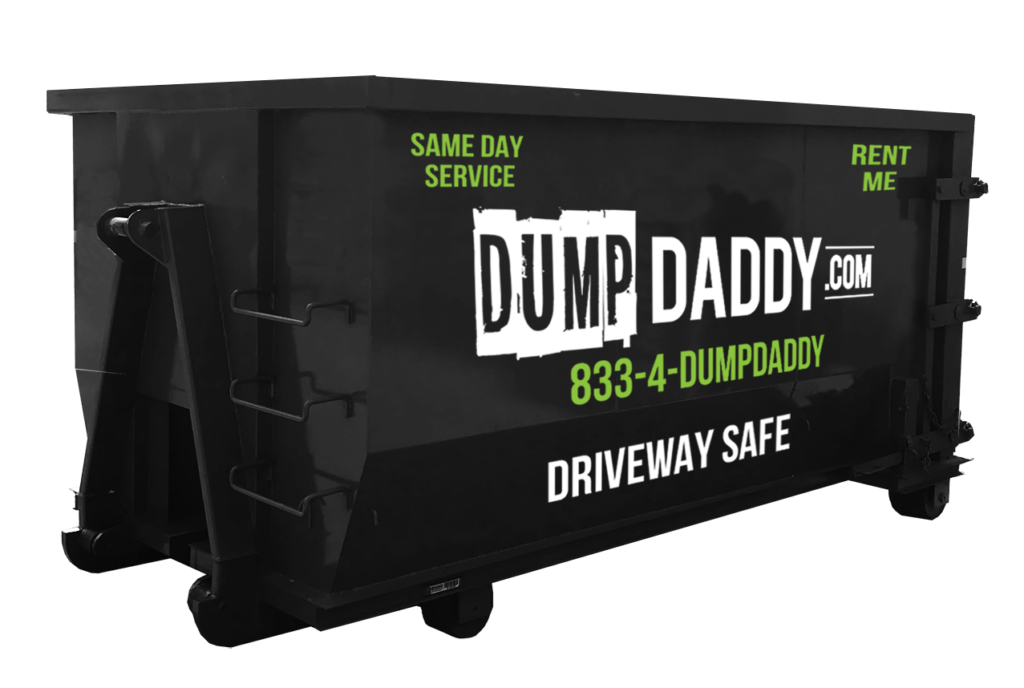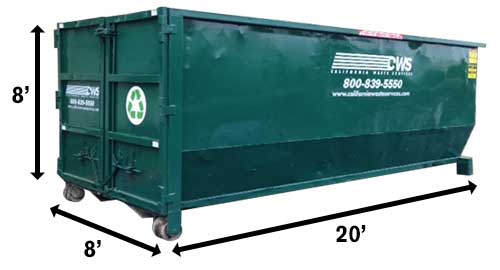Effective waste management is necessary for construction jobs, and dumpster rental is an important step. To guarantee a seamless process, identify project waste needs by evaluating scope, timeline, and workforce requirements. Then, pick the appropriate dumpster size considering job type, particles type, and work site room. Study local regulations for building waste management, and compare rental prices to line up with your spending plan. Lastly, timetable delivery and pick-up logistics to collaborate with your job timeline. By following these 5 actions, you'll be well on your means to a successfully managed building and construction project - and there's more to find out about each action https://canvas.instructure.com/eportfolios/3252983/piedmonttriaddumpsters/Getting_Started_With_Dumpster_Rental_in_7_Tips to secure your job's success.
Determine Project Waste Needs
A substantial facet of any kind of construction task is the efficient administration of waste, and it begins with determining the task's waste needs This essential action lays the structure for a successful and environmentally responsible project
To accurately identified waste needs, job managers should consider the scope of the project, consisting of the type and quantity of products to be used, along with the demolition and removal of existing frameworks. In addition, they must likewise consider the task's timeline, labor force, and equipment requirements.
Choose the Right Dumpster Size
With a clear understanding of the task's waste requirements, the following step is to pick the best dumpster dimension to accommodate the expected volume of waste. This important decision assurances that the dumpster can deal with the amount of waste generated throughout the building and construction task, avoiding overflow and extra costs.
To pick the best dumpster size, think about the list below elements:
Project kind and scope: Various jobs, such as demolition, improvement, or new construction, create varying quantities of waste.
Debris type and weight: Heavy materials like concrete or asphalt need bigger dumpsters than lighter products like drywall or roofing materials.
Job site room and accessibility: Validate the dumpster size fits within the offered area and is conveniently accessible for packing and unloading.
Budget and cost constraints: Balance the expense of the dumpster leasing with the task's budget plan and possible penalties for overflowing or several pickups.
Understand Neighborhood Regulations
Local regulations and laws regulating construction waste management differ substantially from one region to one more, and understanding these guidelines is vital to avoiding costly fines and ensuring a smooth task workflow.
Certain locations might have details requirements for dividing recyclable materials, while others may restrict disposal of hazardous materials in land fills. Additionally, allows or accredits might be required to run a dumpster on a construction site.
Failure to adhere to these policies can result in project delays, penalties, and even legal action.

It is essential to study and familiarize on your own with regional regulations prior to renting a dumpster. Begin by contacting your city government or waste management firm to ask about details regulations and guidelines.
You can also seek advice from your dumpster rental provider, as they typically have experience collaborating with regional laws and can provide valuable insights.
Compare Dumpster Rental Prices
Concrete costs can rapidly accumulate on a building task, making it essential to contrast dumpster rental prices to find the very best value for your budget.
With numerous companies using different rates and services, it is necessary to research and examine your alternatives carefully.
To guarantee you're getting the most effective offer, take into consideration the list below elements:
Rental duration: The length of time will you need the dumpster on-site? Longer rentals usually come with discounts.

Dumpster size: Pick a dumpster that's the appropriate dimension for your task to stay clear of overpaying for unneeded capacity.
Weight limits: Know weight restrictions and associated fees to prevent surprise charges.
Additional fees: Inquire about added prices for shipment, pick-up, and disposal to get an accurate overall cost.
Schedule Delivery and Pickup
Once you've protected the best dumpster rental price for your building task, it's time to coordinate the logistics of delivery and pickup This action is important to ensure the dumpster shows up on website when you need it and is eliminated immediately when the project is complete.
To routine delivery, provide the rental company with a details date and amount of time for drop-off. See to it to specify any access restrictions or special needs, such as a liftgate or suburb delivery.
For pickup, timetable a date and time that aligns with your project's timeline, considering any potential delays or changes.
It's vital to validate the shipment and pickup details with the rental firm to prevent any miscommunication Inquire about their plans relating to distribution and pickup home windows, along with any kind of added fees connected with modifications or delays.
